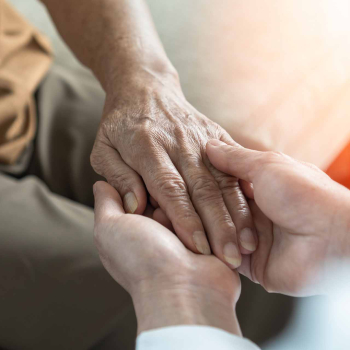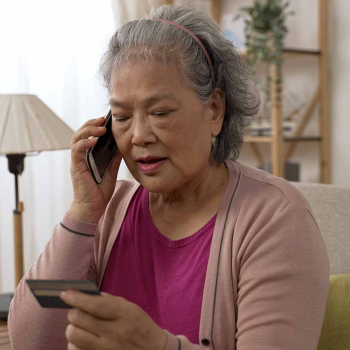If your family is facing the need for long term care at home, or in a nursing home, one of the first things that comes to mind is do you need the help of an elder law attorney. The big concern is what kind of care is needed. The second is can care be at home, in an assisted living facility, or a nursing home. The third is “how are we going to pay for that care?” The variety of programs for homecare, assisting living and nursing home care, and the qualifications to receive federal, state, or veterans benefits to pay for that, often results in a jig saw puzzle that leads to confusion and frustration. A bonafide elder law attorney will devote most or all his or her practice to elder law issues, and will have staff that understands the problems faced by families, and the solutions. So how can you select a competent elder law attorney?











